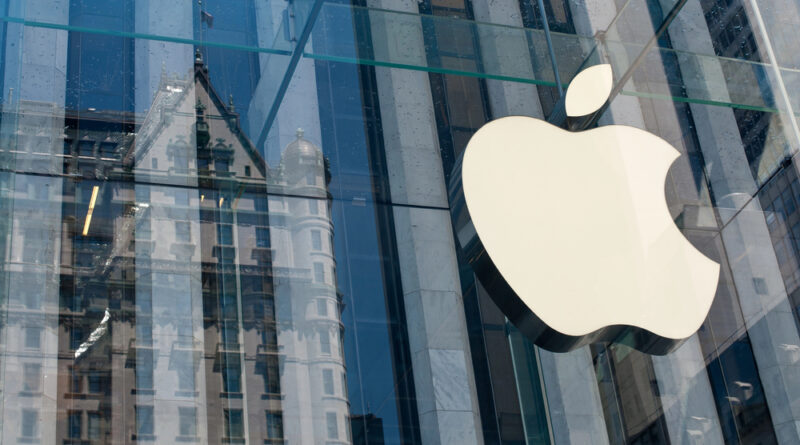UK Court Rejects Government Bid for Secret Hearing in Apple Encryption Case
A UK court has ruled against the government’s attempt to keep a controversial hearing regarding Apple’s encrypted cloud data entirely secret. The Home Office had sought to use powers under the Investigatory Powers Act to gain unrestricted access to Apple’s Advanced Data Protection system, impacting both UK and international users.
The legal battle began earlier this year when Apple contested the Home Office’s directive requiring the company to provide blanket access to end-to-end encrypted user files. In response, Apple disabled its opt-in Advanced Data Protection feature in the UK in February and subsequently initiated legal proceedings through the Investigatory Powers Tribunal.
The UK government initially argued that details of the case should remain confidential due to national security risks. However, judges at the Investigatory Powers Tribunal rejected this request, stating that conducting a hearing entirely in secret, without any public acknowledgment, would have been an extraordinary and unnecessary measure. The tribunal indicated that revealing basic details of the case would not compromise public interest or national security.
Civil liberties groups, including Open Rights Group, Big Brother Watch, and Index on Censorship, opposed the government’s attempt at secrecy. These organizations emphasized the public significance of the case, noting its potential impact on the privacy rights of millions of individuals.
The tribunal’s ruling has been widely praised by privacy advocates. Rebecca Vincent, interim director of Big Brother Watch, highlighted the judgment as a crucial move against excessive secrecy surrounding government surveillance actions. Jim Killock, executive director of Open Rights Group, further emphasized that transparency in such critical matters is essential for public scrutiny, particularly when privacy and security are at stake.
This case has also drawn attention internationally, raising concerns from U.S. National Intelligence Director Tulsi Gabbard, who expressed serious apprehension about the potential privacy violations and security vulnerabilities posed by creating such encryption backdoors.
Apple has not yet publicly commented on the recent court ruling.
Photo Credit: DepositPhotos.com

